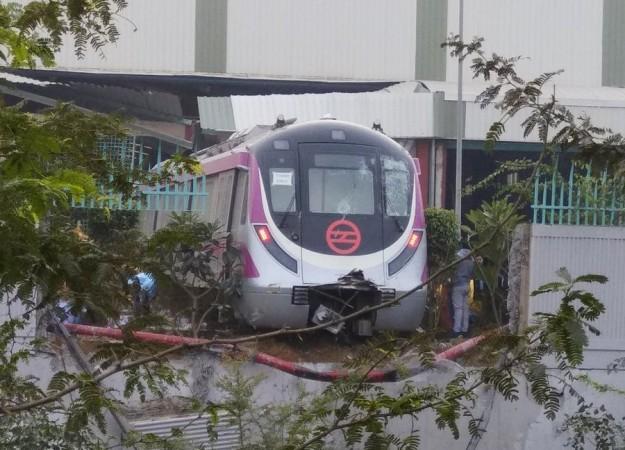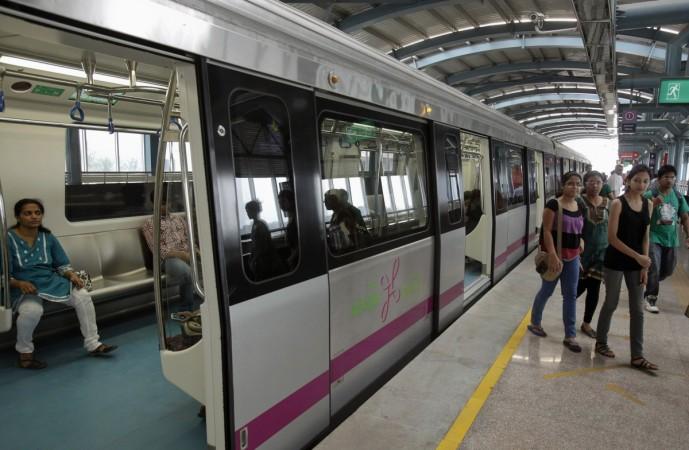
Delhi Metro is the largest network in the entire country, not to forget the busiest transit system in India, connecting the Capital with satellite cities. But statements merely drill the point that statistics do. In a written report tabled in Lok Sabha, the Ministry of Housing and Urban Affairs, GoI, provided details of losses incurred due to the halting of metro rail services during the COVID-19 period.
Delhi Metro
For the Delhi metro, losses amounted to Rs 1609 crore. It was on March 22 that Delhi Metro services were shut down completely as one of the several measures to help contain the spread of coronavirus. It wasn't until September 12 that normal operations of Delhi Metro resumed.
Metro trains across the country suffer loss
The losses incurred due to the halting of other metros during the COVID-19 period, as informed by some of the operational 50:50 Joint Venture metro rail corporations of Central and respective State Governments are as follows. Though not a patch to the losses suffered by DMRC, several other state metro rail services also suffered significant losses.
- Rs 170 crore for Bengaluru Metro
- Rs 90 crore for Lucknow Metro
- Rs 80 crore for Chennai Metro and
- Rs 34.18 crore for Kochi Metro
Meanwhile, during the lockdown

During the lockdown period preparatory work like "detailed designing, preparation of tender schedules and finalisation of tenders, among other paperwork activities had been carried out by Delhi Metro Rail Corporation," said the Minister of State (Independent Charge) of the Ministry of Housing and Urban Affairs, Hardeep Puri in the written statement. He was also asked whether there is any impact on loan repayment by various metro rail networks in different cities of India due to country-wide lockdown since March, 2020, to which he replied in the negative. This means that DMRC has informed that payments towards its loan have been made as per schedule.
The measures taken
When asked about the measures taken/to be taken by the Government to mitigate the impact of such a situation in these metro rail corporations which are substantially funded internationally, Puri cited the urban transport as a state subject.
"Urban transport is an integral part of urban development which is a State subject. As per Metro Rail Policy-2017, financial sustainability during operations of metro rail system which also includes debt servicing is responsibility of the State government," Puri said in the written statement.
Metro Rail Policy 2017
It must be noted that Metro Rail Policy 2017 has laid out detailed measures on reducing costs and enhancing revenues. Apart from reducing costs through standardization, indigenization and inducing competition, the policy lays out measures to enhance revenues through various innovative means like provisions of feeder systems to metro rail, property development at and around station lands, leasing spaces, Transit Oriented Development (TOD) and Value Capture Finance (VCF).

















